State, national concern grows over COVID-fueled beef shortages at grocery stores
COLORADO SPRINGS, Colo. (KRDO) -- The coronavirus pandemic first produced a run on toilet paper and hand sanitizer that continues today. Now, officials fear the same thing has happened -- or will happen -- with beef supplies in grocery stores.
Many shoppers have found little to no beef, or a limited selection, at stores.
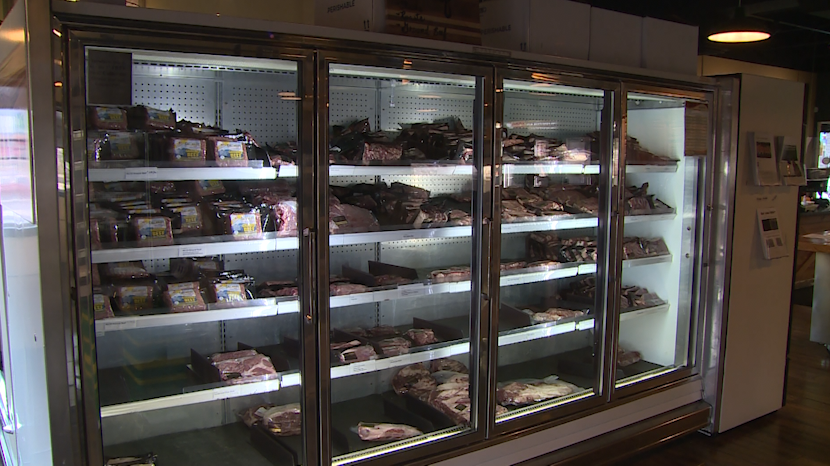
According to the Todd Inglee, executive director of the Colorado Beef Council, demand for beef has skyrocketed since the governor's stay-at-home order began last month.

"But the state's two largest beef processing plants haven't been able to keep up because they temporarily closing for thorough cleaning, disinfecting, sanitizing and safety measures to keep workers from being too close together," he said.
President Donald Trump recently approved additional resources to keep processing plants open and productive, but Inglee said it will take another few weeks for processing to meet demand.
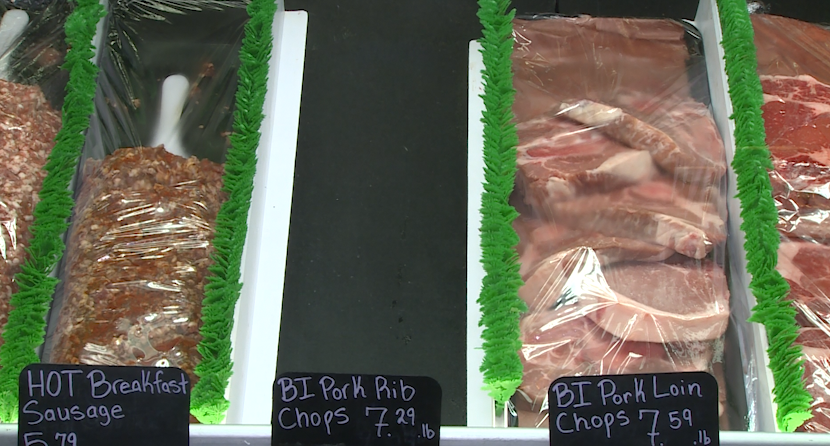
Inglee said that employee layoffs and workers who are staying home out of fear of contracting the virus haven't been an issue so far in Colorado.
Several factors are keeping a potential beef shortage from becoming worse, he said.
"To start, there are at least a dozen cold storage facilities across the state that have significant amounts of beef in case of an emergency," Inglee said. "More people are buying beef directly from cattle ranchers and more beef is being purchased by stores that buy directly from ranchers."
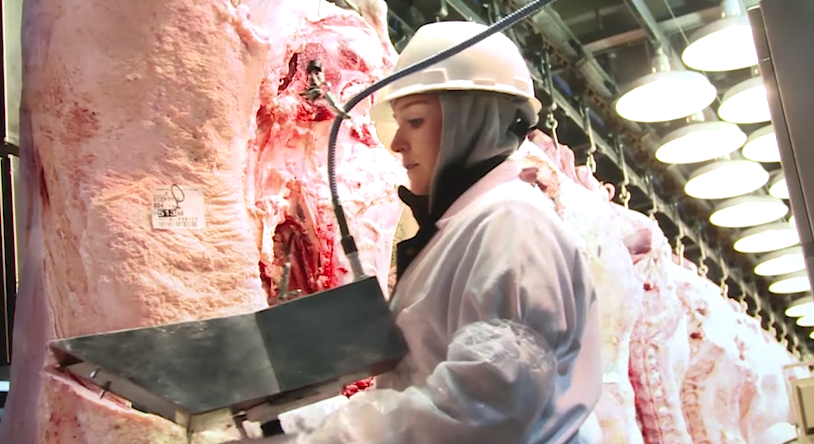
However, Inglee said that profits for ranchers are down because prices have yet to rise significantly and some ranchers are delaying the sale of cattle until prices do increase. That means ranchers are spending more money than usual to feed and care for the animals.
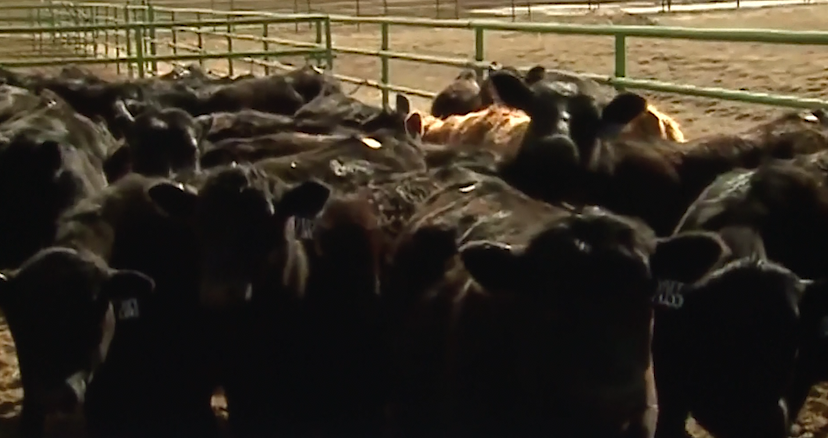
The pandemic has led more people to buy beef and cook it themselves, rather than eat it at restaurants. Demand is so high that the industry is taking beef specifically packaged in larger sizes for restaurants and returning it to processing plants to be re-packaged in smaller sizes for grocery stores.
Fortunately, the council believes that no one in Colorado's beef industry will go out of business because of the situation.
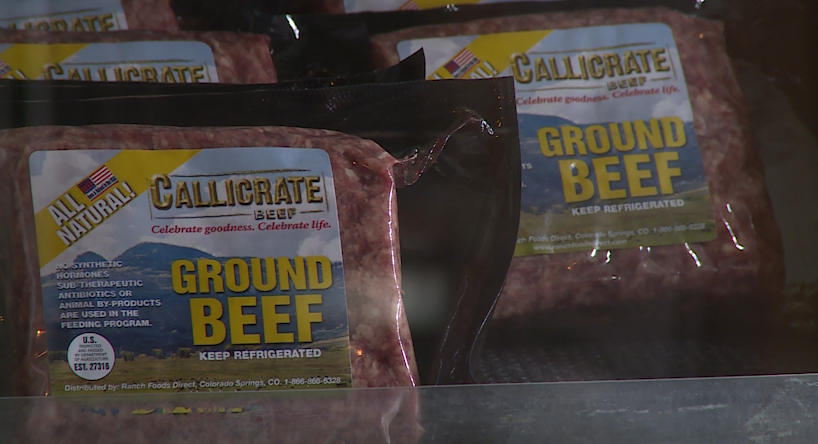
It's unclear whether a similar demand is affecting the pork, poultry and fish industries.
Ranch Foods Direct in Colorado Springs has seen an increase in business since the pandemic began. The store gets its beef from a ranch near the Colorado/Kansas line and ships it directly to its stores.
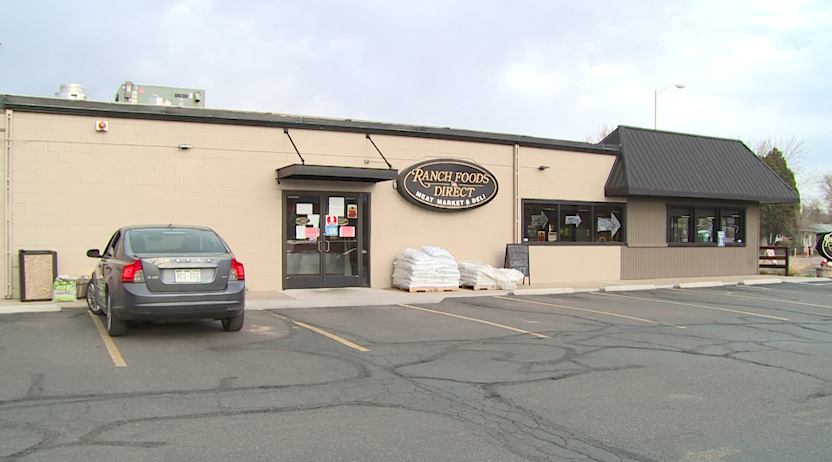
"It eliminates the middleman, so it keeps our costs low and makes it easier for us to keep our shelves stocked," said manager Cody Kurschner. "Our beef also is a healthier option because it doesn't contain hormones and the cattle are grass-fed."
